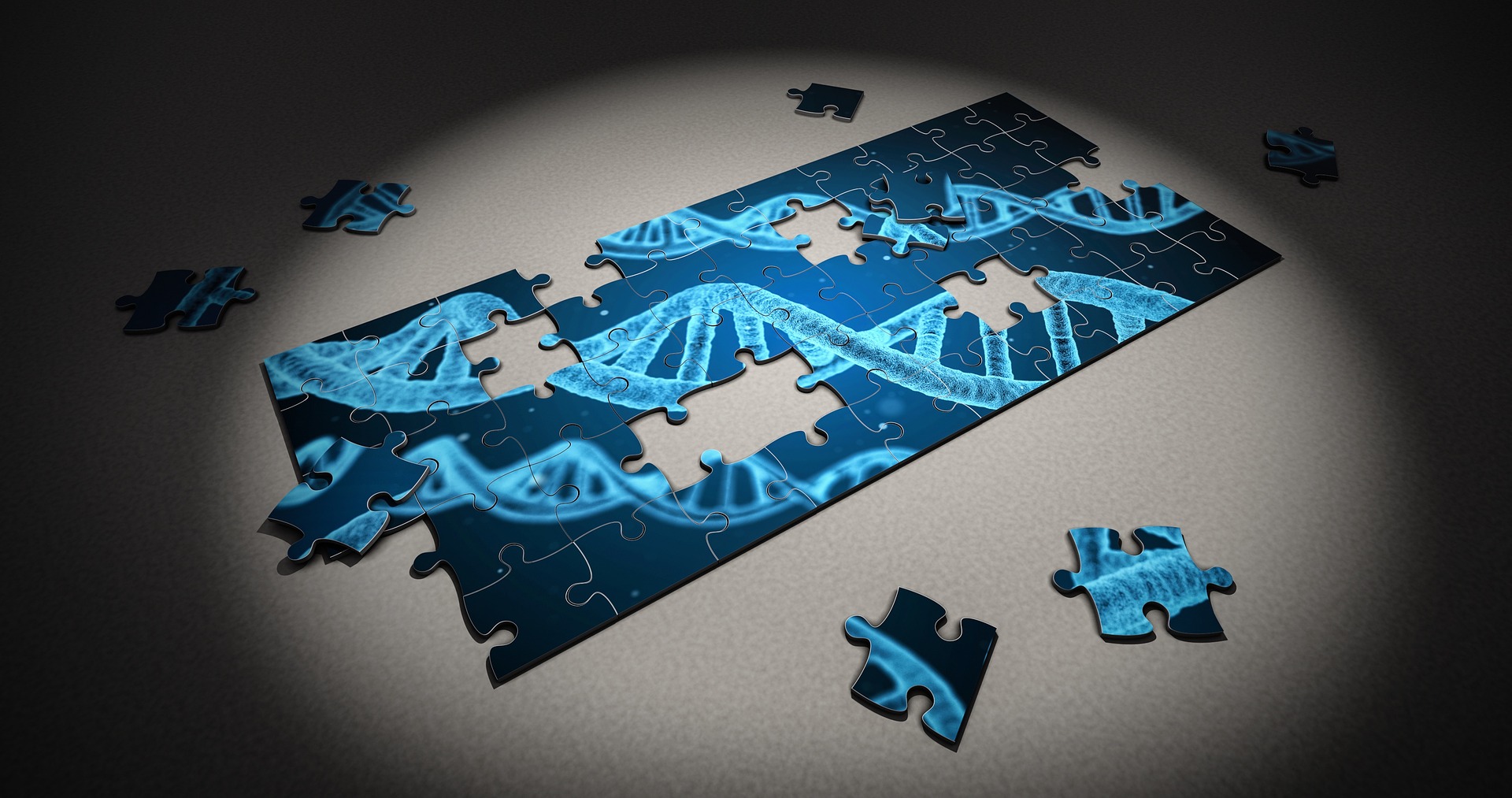Genetic tests can become a self-fulfilling prophecy
There’s a new form of self-fulfilling prophecy and it’s spreading fast.
Predictions can shape behaviors and decisions that in turn make the prediction come true. That’s why hinting that an eight year-old girl isn’t much good at math may inadvertently thwart a career in the sciences; on the other hand, a child who overhears his teacher say he’s superbly musical may practice more diligently, channel his energies, and master the piano.
And while a label and a definition are warranted in order to communicate and treat certain conditions, labeling vague and poorly understood findings may bend behaviors in unforeseen directions and actually cause harm.
DNA testing is booming, and 12 million Americans have used direct-to-consumer genetic kits, according to industry estimates. Knowing your genetic risk might be useful, and may lead to earlier diagnosis, better and more personalized treatment, and risk-reducing behaviors.
On the other hand, could the news of being at high risk increase your risk? Would learning that you’re genetically prone to alcohol addiction increase your risk of alcoholism? Could learning that you’re at high risk of obesity lead to unhealthy eating habits and less control over eating? Could the stress and despair of hearing that you’re at high risk make you deterministically passive?
It’s what you believe
A new study in Nature Human Behaviour set out to test whether perceived genetic risk affects outcomes.
In a clever experiment, the researchers recruited 107 people and sequenced their DNA for, among other things, one of the most established obesity related gene variants, FTO, a gene associated with obesity, lower satiety and weaker ability to control appetite.
All participants then received a 480-calorie meal, after which satiety peptides and other metabolic markers, as well as subjective feeling of fullness were measured. 24 participants showed high risk, 42 had moderate risk and 41 had low risk of FTO gene variants, but regardless of the actual genetic risk, a random half of the people in each risk group were told that they were at high risk, and half were told that they are at low risk.
Those who were told that they have the high risk FTO gene variant immediately felt that their appetite is hard to control, were more worried, and felt they had less control over satiety, compared to those who told they were at low risk, and the measured satiety markers (glucagon-like peptide 1) corresponded with these expectations. The perceived genetic risk even affected these satiety peptides much more than the real genetic FTO genotype.
In other words, in this experiment, thinking you have a high-risk obesity gene was worse than actually carrying this gene, and the mere thought of being at risk was enough to change both the state of mind and the physiology of the participants – perhaps putting them at risk of eating more.
“Learning of one’s genetic risk of obesity may in fact exacerbate one’s risk,” the study’s authors suggest.
Interestingly, the researchers conducted a similar experiment around an exercise endurance gene and the ability to perform on a treadmill, with the exact same results: Believing you had genes that determined low endurance made people tire easy, run less and it lowered their lung capacity and oxygen uptake.
Knowing your obesity risk
There’s still much we don’t know about the genetics of obesity, and while technology and personalization hold lots of promise, obesity risk information may not only be inadequate – it may also cause harm.
The field of personal genomics is young, and most experts think that the predictive value of many of the genes tested is still undetermined.
Most diseases are multifactorial – genes, environment, diet, mindset and behavior affect their development.
And when it comes to obesity, the tough reality is that we’re all at risk. Our obesogenic environment and eating habits put everyone at risk. Making sense of statistics is hard. The chances of winning the lottery are infinitesimally low – very close to zero – yet people buy lottery tickets all the time. Given the current incidence of obesity (more than a third of the American population) we should all consider ourselves warned – we’re all at risk, regardless of our gene variant – and get ourselves a ticket to wellness in the form of better eating habits.
Dr. Ayala

